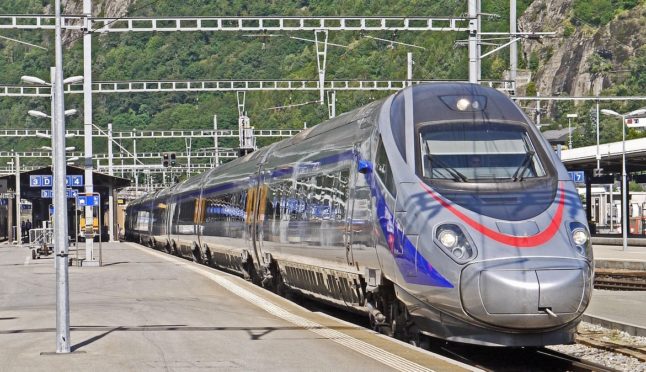On Wednesday the lower house of parliament decided that Switzerland should not put the brakes on EU immigration by imposing strict quotas unilaterally, reported Swiss media.
The majority of MPs reached such a conclusion after five hours of fierce debate over how Switzerland should implement the 2014 initiative, which saw the public approve the principle of limiting immigration.
Instead of fixed quotas, the lower house favours a ‘light’ solution which would mean prioritizing Swiss nationals for jobs and only taking more drastic measures if Brussels agrees.
Since the controversial but legally binding referendum more than two years ago, the government has been grappling to find a way to limit immigration while preserving its bilateral agreements with the bloc, which are dependent on maintaining the free movement of people.
It has until February 2017 to find a solution that the EU considers acceptable, but as yet negotiations with Brussels have not borne fruit.
After Wednesday’s heated debate on the subject – broadcast live on Swiss television – the majority of MPs voted to back a 'light’ solution proposed by a parliamentary commission, said news agencies.
Only the SVP dissented. The hardline party, which supported the 2014 popular initiative, claimed such a solution waters down its original intentions since it does not allow for fixed quotas or give Switzerland autonomy over immigration.
With tensions running high, the SVP’s Adrian Amstutz said the proposal was a “violation of the constitution in all its splendour” and the “death of direct democracy”.
Others accused the commission of abusing its function in suggesting such a solution.
But the majority of MPs felt it was more important to maintain the country’s relationship with the EU than apply the 2014 initiative to the letter.
Speaking on behalf of the parliamentary commission, Socialist Cesla Amarelle said it was essential to preserve Switzerland’s bilateral agreements with the EU and a ‘light’ solution would unblock the impasse with the bloc.
Dismissing the SVP’s complaints, she said their own proposals were “mediocre” and that the constitution allowed MPs some room to manoeuvre, reported Le Tribune de Genève.
Matthias Jauslin of the Liberal-Radicals said his party did not want to jeopardize Switzerland’s bilateral agreements with the EU and therefore the 2014 initiative could not be applied to the letter.
To do so would be fatal for the economy, added another MP.
Despite Wednesday’s vote, the debate is far from over. Parliament will now consider the detail of the commission’s proposal, with many other suggestions still on the table.
The senate must also consider the proposal, scheduled for December.



 Please whitelist us to continue reading.
Please whitelist us to continue reading.
Member comments